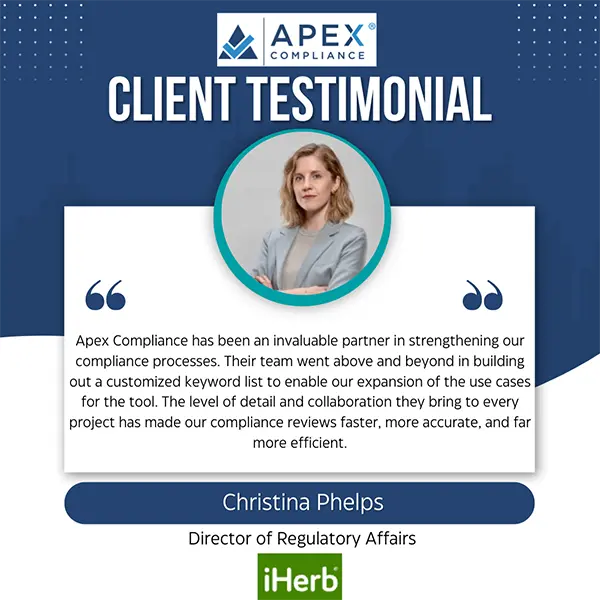
11 Companies Cited For Not Testing For Contaminants
Test products like glycerin for adulterants
11 companies were cited for failing to provide FDA information on contaminant testing for glycerin, propylene glycol, and other ingredients. These ingredients are most commonly adulterated with diethylene glycol (DEG) or ethylene glycol (EG).
Warning Letter Wednesday is a weekly regulatory post where I review interesting warning letters as a way to inform our compliant manufacturing and marketing. Sign up to have this delivered to your inbox each week.
These warning letters are directed at companies that make OTC and other drugs, but supplement companies can learn from these letters. Ensuring ingredients like glycerin and ethanol are tested for these possible impurities is essential. It seems FDA requires drug companies to test each batch for these contaminants. However, testing each batch of incoming supplement ingredients like glycerin is probably unnecessary if a company has verified the supplier and has SOPs and documentation to support reduced adulterant testing. In the past, I only tested my glycerin annually for DEG, but I had years of data to support this reduced testing. At the very least, testing annually or when changing vendors is a good idea.
Other known contaminants are melamine in milk and methanol in ethanol. What other known contaminants does your company test for?
Five of these companies never responded to FDA’s request for information. Not responding to FDA records requests is a prohibited act, which is serious.
Nine of the companies who received warning letters are from other countries like India, South Korea, and Canada. Products from these companies have been placed on Import Alerts, meaning products may be detained, and entry into the US may be refused.
Here is FDA’s “Testing of Glycerin, Propylene Glycol, Maltitol Solution, Hydrogenated Starch Hydrolysate, Sorbitol Solution, and Other High-Risk Drug Components for Diethylene Glycol and Ethylene Glycol” document.

